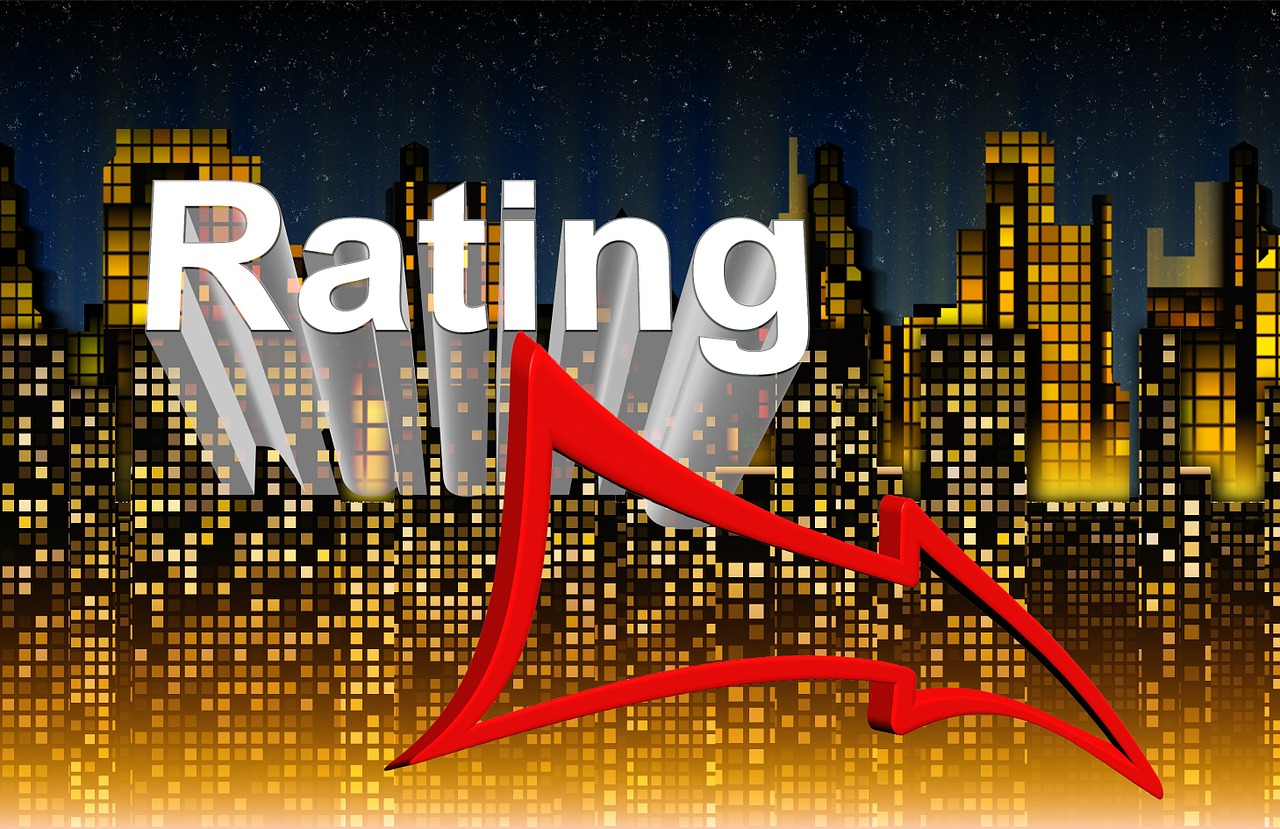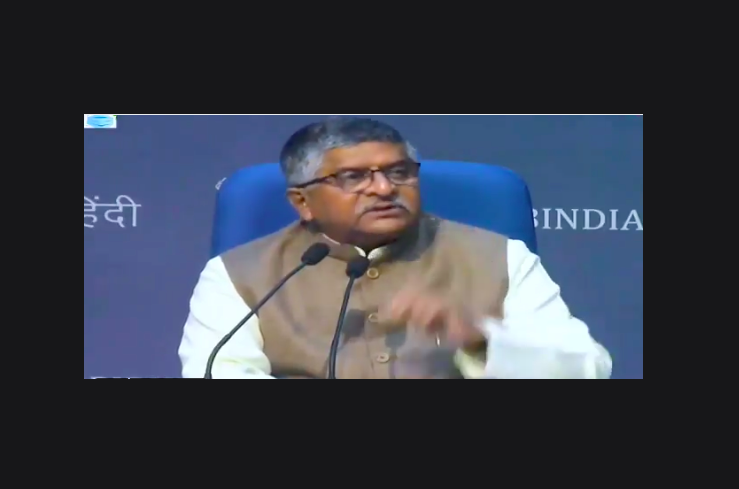| Chennai, NFAPost: Fitch Ratings has revised the outlook to Negative from Stable on the Long-Term Issuer Default Ratings (IDR) of the following India-based banks, while affirming their IDRs, Support Ratings (SR) and Support Rating Floors (SRF). Export-Import Bank of India (EXIM), State Bank of India (SBI), Bank of Baroda (BOB), Bank of Baroda (New Zealand) Limited (BOBNZ), Bank of India (BOI), Canara Bank (Canara), Punjab National Bank (PNB), ICICI Bank Limited (ICICI), and Axis Bank Limited (Axis). |
| At the same time, Fitch has affirmed IDBI Bank Limited’s (IDBI) IDR while maintaining the Outlook at Negative. The rating actions follow Fitch’s revision of the Outlook on the ‘BBB-‘ rating on India to Negative from Stable on June 18, 2020 due to the impact of the escalating coronavirus pandemic on India’s economy. |
| EXIM EXIM’s IDR of ‘BBB-‘ is equalised with that of the sovereign, and is driven by its SR of ‘2’ and SRF of ‘BBB-‘, which reflect Fitch’s view of a high probability of extraordinary state support, if required. It is based on EXIM’s high strategic and systemic importance due to its unique policy role, its strong government linkages and 100% state ownership. EXIM is the main entity through which the government extends lines of credit to less-developed countries. It plays a key policy role in supporting the state’s diplomatic efforts and trade policy through financing and promoting India’s international trade as defined in the Export-Import Bank of India Act, 1981, which underscores its importance to the sovereign. The agency believes that a default on EXIM’s debt obligations would have adverse consequences on the sovereign’s reputation, and potentially the country’s financial markets. ESG – Management Strategy: EXIM has an ESG Relevance Score of ‘4’ for Management Strategy. SBI SBI’s IDR of ‘BBB-‘ is at the same level as its SRF, which is driven by its SR of ‘2’. It reflects Fitch’s expectation that SBI is highly likely to receive extraordinary state support, if required, due to its very high systemic importance. SBI is the largest Indian bank with nearly 25% market share in system assets and deposits, it is 57.9% state-owned and has a much broader policy role than peers. ESG – Governance: SBI has an ESG Relevance Score of ‘4’ for Governance Structure. It reflects Fitch’s assessment that key governance aspects, such as board independence and effectiveness, ownership concentration, protection of creditor or stakeholder rights and related-party transactions, affect support prospects that drive the long-term rating due to the state’s high influence. However, it has a negative effect on the VR (Viability Rating). |
BOB, BOBNZ, PNB, CANARA AND BOI
The ‘BBB-‘ IDRs of BOB, PNB, Canara and BOI are at the same level as their SRFs, driven by their SRs of ‘2’ which, in Fitch’s assessment, reflects a high probability of extraordinary state support for these banks. It is based on the banks’ high systemic importance, which stems from their significant market share – which has increased for BOB, PNB and Canara due to state-driven mergers – their large retail deposit franchises, majority government ownership and role in policy lending.
BOB NZ is a fully owned subsidiary of BOB and its IDR is driven by a high probability of support from its parent and, ultimately, from the Indian government. There is strong integration between the two entities, and BOB NZ’s small size relative to the parent makes potential support manageable. Therefore, Fitch expects the government support for BOB to flow to the subsidiary.
ESG – Governance Structure: The above banks have an ESG Relevance Score of ‘4’ for Governance Structure, Fitch said. It reflects Fitch’s assessment that key governance aspects, such as board independence and effectiveness, ownership concentration, protection of creditor or stakeholder rights and related-party transactions, affect support prospects that drive the long-term ratings due to the state’s high influence. However, it has a negative effect on the VRs.
IDBI
IDBI’s IDR of ‘BB+’ is lower than the sovereign rating of ‘BBB-‘, and driven by its SRF and SR of ‘3’, which reflects a moderate probability of extraordinary state support based on the bank’s systemic importance and linkages to the state.
The Negative Outlook on IDBI’s IDR remains unchanged. It reflects Fitch’s expectation that the state’s propensity to provide extraordinary support to IDBI may diminish following the government’s proposal to sell its stake in the bank and dispose of part of its stake in IDBI Bank’s majority shareholder, Life Insurance Corporation of India (LIC).
ESG – Governance: IDBI has an ESG Relevance Score of ‘4’ for Governance Structure. It reflects Fitch’s assessment that key governance aspects, such as board independence and effectiveness, ownership concentration, protection of creditor or stakeholder rights and related-party transactions, affect support prospects that drive the long-term ratings due to the state’s high influence. However, it has a negative effect on the VR.
ICICI AND AXIS
| The IDRs of ICICI and Axis at ‘BB+’ are driven by their SRFs, which are lower than the sovereign rating, and anchored to their SRs of ‘3’. The SRFs reflect Fitch’s expectation of a moderate probability of extraordinary state support for these banks, due to their systemic importance, market position and private ownership. The probability of extraordinary state support for the two large private banks will be lower than for large state banks, which are likely to have priority due to the sovereign’s constrained finances. ESG – Financial Transparency: Both banks have an ESG Relevance Score of 4 for Financial Transparency. Fitch says that the quality and frequency of financial reporting and the auditing process have a negative effect on the intrinsic profile of the banks. These factors have become more prominent in the past few years because of several incidents in the last four years involving at least one of the two banks, where their reported impaired loans differed from that calculated by the regulator, they failed to appropriately disclose related-party lending, and the regulator has questioned their calculation of liquidity coverage ratios. The number of incidents related to financial transparency has come down in recent years, but it is too early to say if the gaps have been reasonably addressed, Fitch added. SENIOR DEBT The banks’ medium-term note programmes and senior notes, where applicable, are rated at the same level as their Long-Term IDRs, in line with Fitch’s criteria. The notes constitute direct, unsubordinated and unsecured obligations of the banks, and rank equally with all their other unsecured and unsubordinated obligations. RATING SENSITIVITIES Factors that could, individually or collectively, lead to negative rating action/downgrade: EXIM, SBI, BOB, BOBNZ, PNB, CANARA AND BOI The SRs and SRFs of the above banks are most sensitive to the agency’s assessment of the government’s propensity and ability to support them, based on their size, systemic importance and linkages to the state. Weakening of the government’s ability to provide extraordinary support – reflected by negative action on India’s sovereign ratings – would likely lead to negative action on the IDRs. Negative action on the IDRs is also likely should Fitch perceive any reduction in the government’s propensity to extend timely support, in which case the agency will reassess the Support Ratings and Support Rating Floors, and in turn, the banks’ IDRs and senior debt ratings, although that is not the rating agency’s base case. Any change in BOB’s IDR would have a similar impact on BOB NZ, but the latter’s IDR could also be downgraded by a weaker propensity for its parent and, ultimately, the government, to support the subsidiary. IDBI Weakening of the government’s ability to provide extraordinary support – reflected by a downgrade in India’s sovereign ratings – would likely lead to a similar negative action on IDBI Bank’s IDR. At the same time, the Support Rating Floor and IDR could be downgraded if the government’s stake in IDBI Bank is diluted or if the bank ultimately becomes privatised. That said, Fitch sees IDBI Bank as systemically important, though less so than the larger banks, meaning support will continue to be a factor in the ratings. ICICI AND AXIS The senior debt ratings for all banks would be downgraded if their Long-Term IDRs were downgraded. |





